The development of lung cancer nursing documentation: an integral part of patient care
Category: Investigation Process
The problem identified
The lung cancer nursing team in Lanarkshire work across 3 acute hospitals delivering a team approach to patient care facing new issues and problems each day and regularly making decisions on patient care. We decided to evaluate the nursing documentation currently in use to reflect cross site working and standardisation of the nursing documentation.
The intervention made to change the problem
The lung cancer nursing team reviewed the existing documentation, identifying areas that were not covered as part of a holistic patient's assessment. It was developed to include the recommendations from the NMC (2002c) regarding what documentation should be included and to provide a holistic approach to the assessment. Therefore the documentation would reflect the following:
- Investigations
- Diagnosis
- Treatment
- Signposting to additional services
- Education/information
- Follow up
How it changed my practice
The lung cancer nursing team agreed that record keeping was one area where it was essential to always make documentation robust and accurate despite the time constraints of a busy job. It was decided to base the new documentation on the SMART (Hoban 2005) model of care planning to avoid any problems related to recordkeeping.
The SMART model ensured that the document was:
- Specific
- Measurable
- Accurate
- Realistic
- Time-based
The documentation design was sectioned into the various aspects of the patient pathway for
easy navigation. The sections reflected patient care where the lung cancer nurse specialists
roles and responsibilities lay these includes:
- Patient demographics
- Pre-diagnostic patient assessment
- Pre- and post-diagnostic patient information
- Diagnostic investigations
- MDT treatment planning
- Community referrals
- Toxicity and symptom assessment scoring tools
This change in practice has also enabled the lung cancer nursing team to utilise an evidence
based tool that demonstrates:
Quality Care
- Seamless continuum
- Identification of issues/observations in relation to patient care with actions
and outcomes for resolution
Patient Assessment
- Would enable accurate assessment
- Holistic approach
- Validated treatment assessment tools
Service Audit
- Easy access to information/data for audit/research purposes
- Monitor quality of care and nursing activity
By maintaining good quality documentation the lung cancer nursing team within Lanarkshire
have utilised this evidence based tool to promote communication, continuity, consistency and efficiency, with the reinforcement of documented communication within the team.
In the long term it will be helpful evidence for the team and ensure the professional and legal
standing of the nursing team is not compromised by absent or incomplete records.
